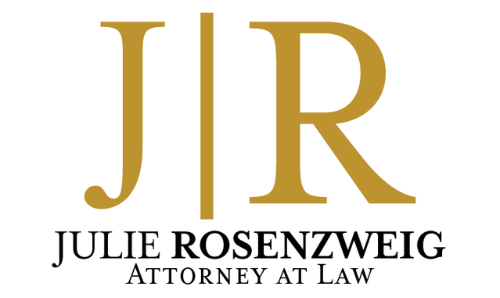Revocable vs. Irrevocable Trusts: Key Estate Planning Tools
Apr 04 2025 16:00
Trusts serve as an essential component in estate planning, helping individuals manage and protect their assets for the future. One of the crucial decisions in setting up a trust is choosing between a revocable and an irrevocable trust, as the right choice depends significantly on the grantor’s long-term goals.
Understanding Trusts
A trust is a private legal document and entity created by a grantor to hold designated assets such as real estate, bank accounts, and more. A trustee is appointed to manage these assets, ensuring they are distributed to the designated beneficiaries according to the trust’s instructions.
Revocable Trusts: Flexibility is Key
Revocable trusts are popular because they allow grantors to maintain control over their assets during their lifetime. These trusts can be modified or completely revoked as the grantor sees fit. Here are some benefits of revocable trusts:
- They bypass probate, making for a smoother transfer of assets to beneficiaries.
- They provide the ability to hold investment or retirement accounts.
However, revocable trusts come with limitations. For instance, they do not offer tax benefits, state taxes apply, and assets in the trust remain part of the grantor’s estate, making them vulnerable to lawsuits and creditors. A scenario where a revocable trust may be beneficial could be in simplifying the inheritance process for children.
Irrevocable Trusts: Focus on Protection
In contrast, irrevocable trusts require the grantor to relinquish ownership of their assets, meaning changes cannot be made without beneficiary consent. The key benefits include:
- Potential elimination of estate taxes.
- Protection against creditors and legal claims.
However, granting an irrevocable trust involves a loss of control over the assets and difficulty in making modifications or revoking the trust.
Choosing the Right Trust
To summarize, revocable trusts offer flexibility, while irrevocable trusts provide protection and tax advantages. The decision hinges on various factors including the size of the estate, tax planning goals, and the need for asset protection. It’s crucial to select the right trust based on individual financial goals and estate planning needs.
We recommend consulting with our estate planning firm to determine the best trust option for your situation. With the right guidance, you can secure a peace of mind for your financial future.

